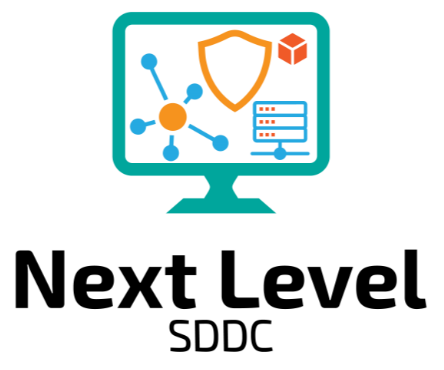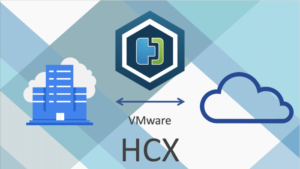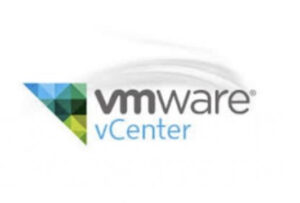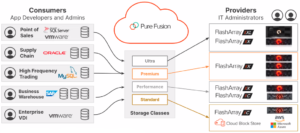VMware on any cloud! That is 100% accurate, however, every organization has more information to take into consideration.
- What is the current footprint inside each cloud provider?
- What kind of discount levels are they getting?
- Is the account team involved when new opportunities come up?
- Do they understand what the customer is trying to accomplish?
- What are the engineers more comfortable with?
- Is there a defined long term plan in place?
- Do they want to get away from the datacenter business altogether and run their workloads somewhere else?
- Or do they simply want to leverage what makes the most logical and financial sense for each project/workload?
There are some of the many questions that need some answers before a solution/cloud can be chosen, however, if you have already narrowed it down that your workloads are a great fit for VMware Cloud but still remain unsure which provider you should pick, I will mention some of the differences and similarities below.
Host type options. There are no right or wrong choices, simply what works best for your workloads. Is your environment memory heavy? Storage consumption? Do some VMs need faster cache? vCPUs required? You get the hint and having some options is great so you can pick the closest host type that meets your needs.

Let’s go over similarities now. Both solutions run VMware Cloud Foundation which means they are both leveraging the same 3 products (vSphere, vSAN and NSX). You can migrate to both clouds seamlessly (hopefully with HCX) without having to refactor or make any changes to your current virtual machines/workloads (unless you still have VMs running VM HW version older than 7).
Differences?
- AWS has 6 years of maturity and AVS only has 2 years since general availability.
- AVS is owned and managed by Microsoft directly, meanwhile VMC on AWS is managed by VMware.
- What does that mean? If you need support on VMC on AWS, you will still open a VMware ticket through the customer portal. If you need support on AVS, you will need to open a ticket on the Microsoft support portal.
- New features are released on AWS first due to its maturity, and then they are rolled out to AVS afterwards.
- Updates on VMC on AWS are handled automatically by the VMware support team who is managing the solutions, however on AVS this is all done through support tickets requesting the Microsoft team to perform the upgrades.
- Hosts in AWS are fully locked down, however, they have a bit more flexibility on AVS.
- For example, Zerto installs a .vib component on the hosts whcih can be installed in AVS but not in AWS hosts.
- AWS hosts/clusters provide stretched cluster functionality between availability zone. AVS is not quite there yet.
- WIth that being said, they also offer elastic DRS since they are able to stretch workloads across clusters.
- At the moment, AWS is already running vSphere 8 on their newer SDDCs, however, AVS remains on version 7.0 u3c.
What do you think? Did I cover all of your concerns, or are you simply more confused now? Did I leave anything else out?



